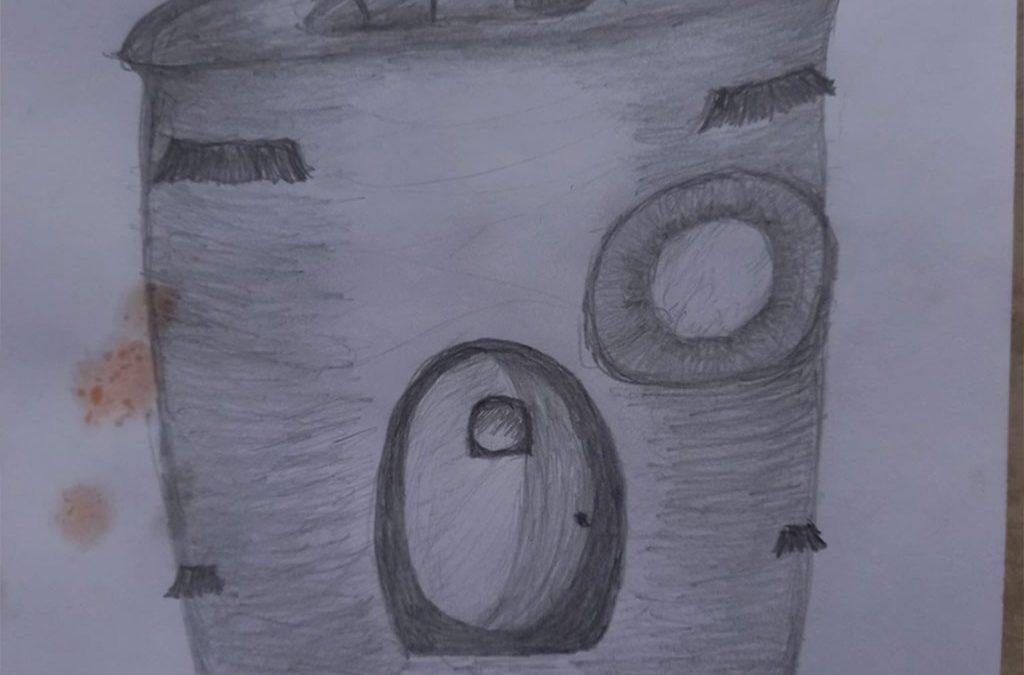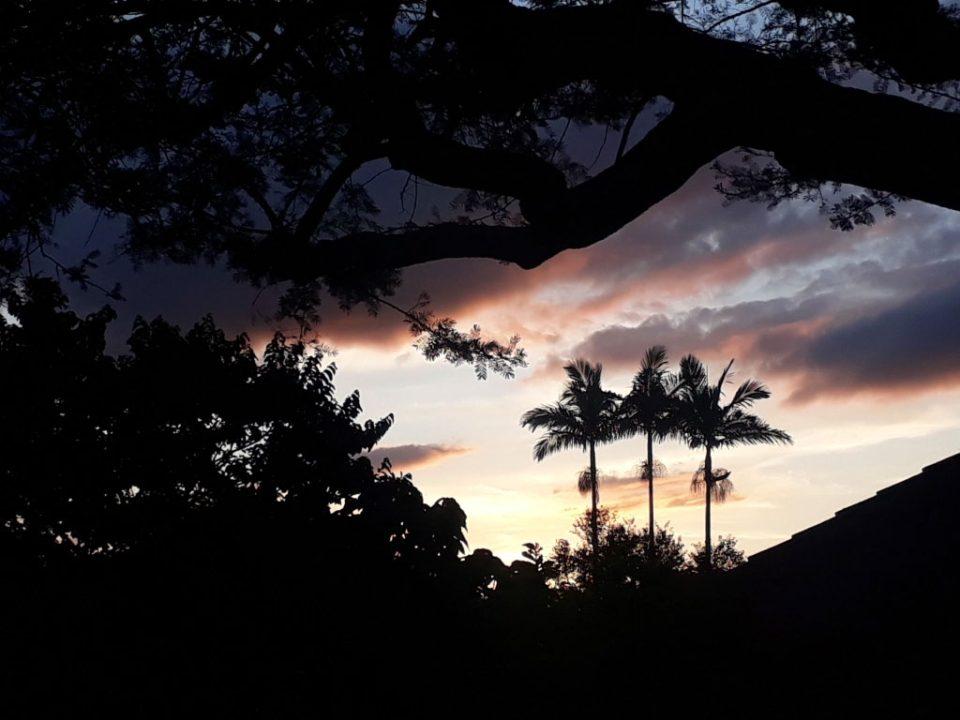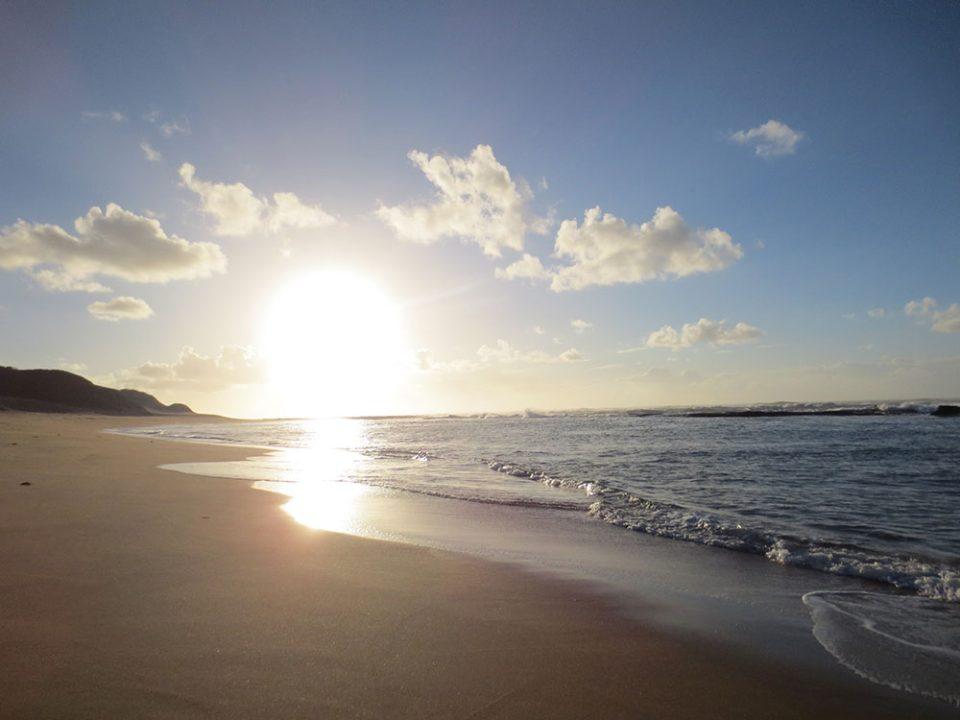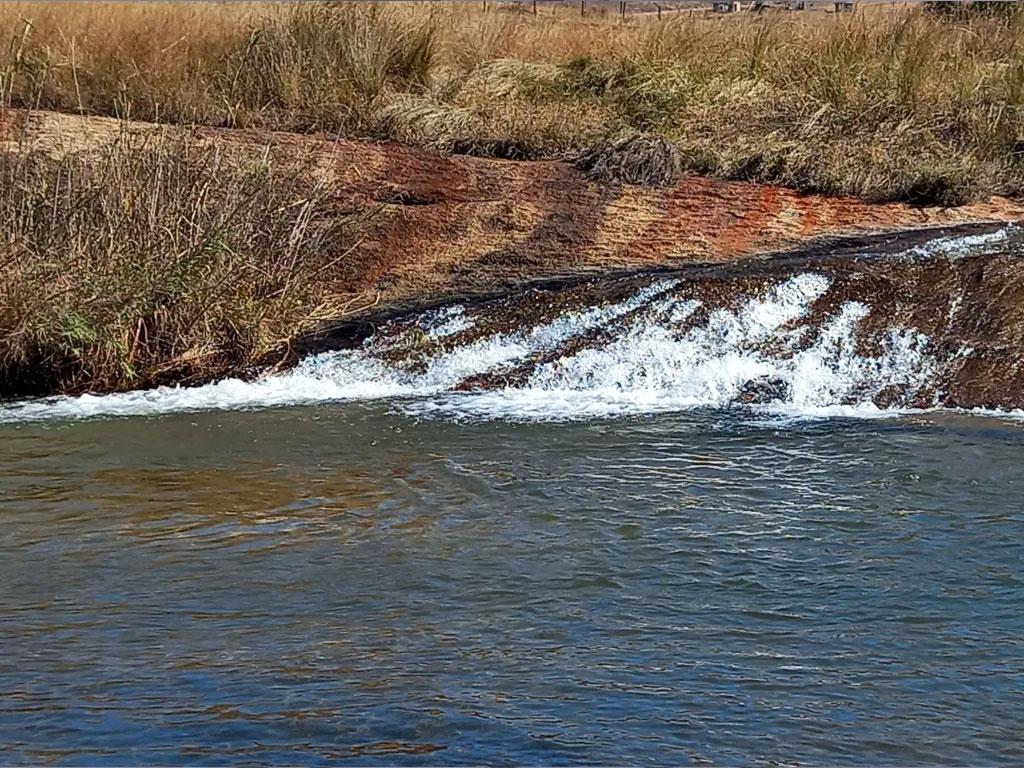
Refreshing Waters
24 August 2021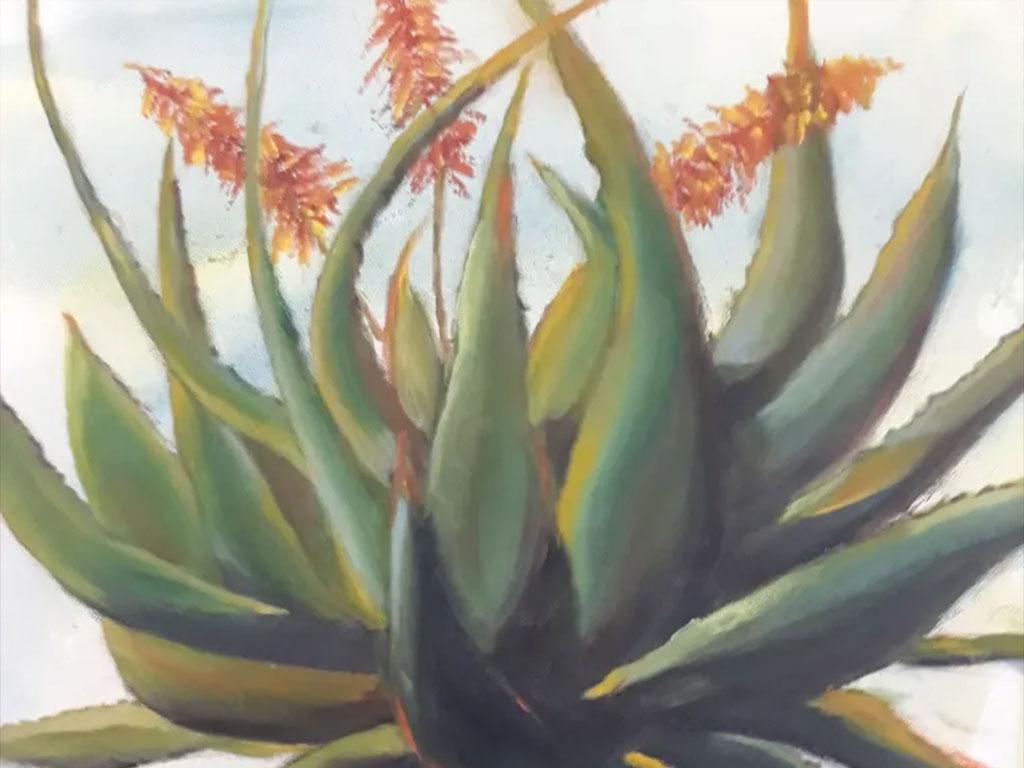
My God Wins!
18 October 2021A while back I joined a group called Globe Soup. The name alone intrigues, but it is a group that offers a forum for writers and runs various competitions and challenges.
One of these is a short story challenge. Entrants are divided into eleven groups and on a given day are given a theme and a genre, after which you have seven days to produce a short story of not more than 2000 words.
The date of my first challenge drew close and I prayed I would get something like historical, or crime, anything but dystopian, or, heaven forbid, Science Fiction! So the day dawned, my email arrived and yes, I got Science Fiction, theme betrayal.
I had to do it, I had to try and I ended up thoroughly enjoying the challenge. This is what I wrote – would love to hear comments and feedback!
The change in motion woke her to an unseeing fright. Eyes still dark from the nightmare, she lay still, searching. Where was she?
The ship. The storm. She uncovered the porthole. Light reflected off the white mountains in the distance; closer, pancakes of ice slushed past. An unseasonal icy storm. An omen? She shivered.
Her mind returned to the dream. She felt again the horror of her stomach swelling through her mouth, shutting off the air to her lungs, closing down her organs. It was the one aspect of training she wished she hadn’t had to learn about. The effects of the release of pressure when coming up from great depths in the ocean. The abyssal fish their mouths wide in bulging rigor as their stomachs erupted through an aperture too small.
She allowed the full horror to overwhelm as Peter had taught her. Look at your fear, feel it, discard it. Focus on the positives, the outcomes, the recognition for outstanding achievement and let that emotion drive you.
A knock on the door. Peter, no doubt.
“Yes,” she called.
“Meeting. Ten minutes.”
She sighed out her frustration, allowed herself the luxury of a good stretch and rolled out of her bunk. Would she go down today?
The team was waiting for her. Jeremy Grunding, team leader and renowned astrophysicist, Garnett Mayberry, respiratory and metabolic physician, Charlotte Clark, dietician and analyst, Siegfried Hunter, engineer, Polly Sharp, marine biologist and Peter Oliver psychiatrist – her counsellor, mentor, lifeline.
Peter handed her a mug of coffee.
“Enjoy it.” He stared intently into her eyes, looking for doubt, for fear.
“Let’s get started.” Jeremy, impatient as always.
“We have decided to bring the launch forward. The storm, the gathering ice, we have a window now and we may not have another. Jess?”
She stilled the flutter of fear. No, not fear. Excitement.
“I’m ready.” The calm of her tone surprised her.
“Good. The pod is packed. Garnett, will you give Jess her final injections? Can we be ready to launch within the hour?”
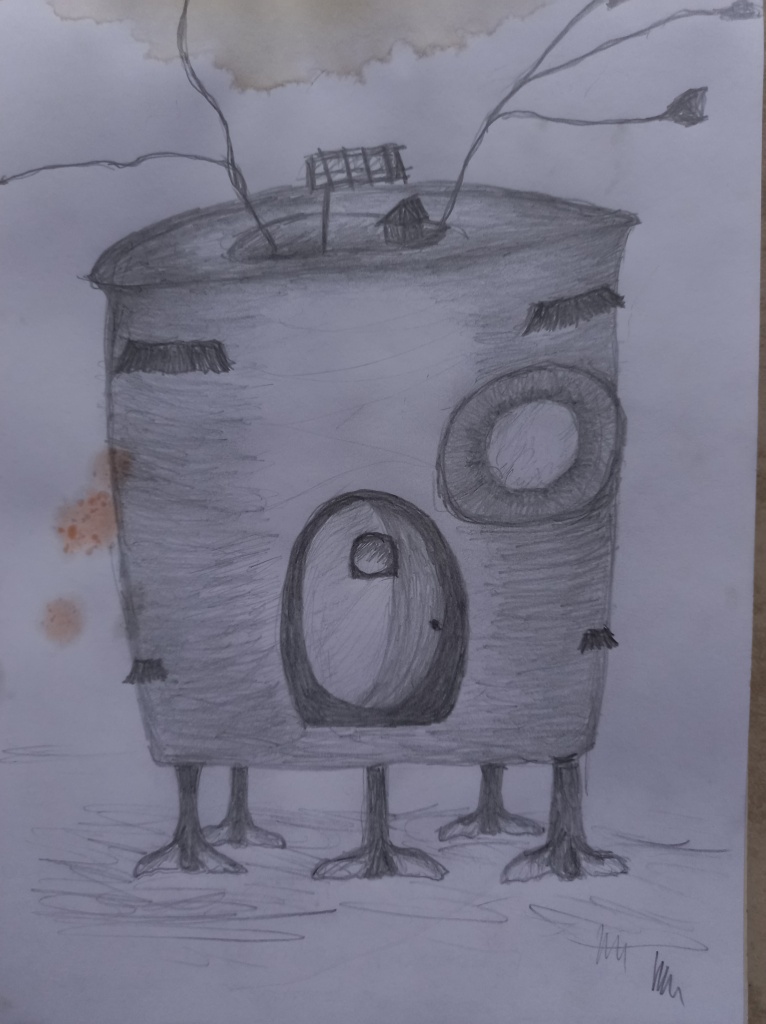
A frisson of excitement rippled. She met each pair of eyes head on.
‘These might be the last people I ever see.’ A picture of Themba flashed. She should have been allowed to tell him. That awful row, the ultimatum he’d given her. He was the first person to see beyond her skin, her shame. She loved him, but this was bigger than love. There were fears he would talk her out of it. Jeremy was adamant. Total secrecy.
She finished her coffee and nodded at Garnett. He smiled as he stood back and allowed her to lead the way to his room of medicines – chemicals that would conceivably allow her to breathe many hundreds of metres below the surface of the sea; assist her body move from oxygen dependency through photosynthesis to chemosynthesis, depending on chemical processes and alternative energy production; to live as an abyssal creature.
There were those who believed humans originated in the oceans, so to the oceans they should return.
It was a bold plan, born of desperation. The earth’s supplies had shrunk, no longer able to sustain its nine billion inhabitants. Water was scarce, hardly enough to drink let alone irrigate crops and livestock.
The few families translocated to Mars had made little difference to the situation on earth. The majority of people were off their heads from dehydration and deprivation, productivity in the workplace was minimal, crime had rocketed out of control as bands of brigands roamed the earth in search of food and drink.
Jess had been training for this endeavour for two years. Two years of sitting on the bottom of lakes, learning to control her breathing, or not breathing, to still her body, allow it to slow down to reptilian pace. She had learnt to listen as her heartbeat slowed, feel her veins constrict as her body adapted to its watery environment. She could hold her breath for 16 minutes and 23 seconds at the last count, without any depreciation in her physical and cognitive ability.
After a year, her training had moved to the ocean. The north Atlantic. Her body had to adjust to the cold – icy water would slow her metabolism further. They moved to Iceland. She learnt to control her shivers in sub-zero water temperatures, to embrace the cold. Their ultimate destination? Antarctica.
Over the months they calibrated her body’s needs. How much fat, how many carbs, how few greens she could survive on.
Garnett and Charlotte believed she needed more time. She wasn’t totally adjusted as yet. Jeremy said we have no more time. He believed she could do it. Peter was almost convinced.
And Jess?
She hadn’t allowed herself to think too deeply about whether or not she was ready. She focussed on what she had to do, thought about good things as Peter taught her. For once her lack of melanin was an advantage. As an albino she would benefit from the limited penetration of light rays, red in particular, at 800 metres below the earth’s surface. She would be invisible in the deep, not a bleached, pasty target for bullies and sorcerers. She wondered if being cloaked in red would enhance her beauty.
The prick of the needle interrupted her reverie. She felt the familiar tingle as the blue liquid flowed into her vein.
“Alright?” Garnett was gentle.
“Yes, thanks.”
“How’s she doing?” Peter, concerned.
“Fine,” they chorused, then laughed at their synchrony.
She would miss these two men. They knew more about her than she knew herself.
The pod looked insignificant against the background of ice and sky. They had debated long and hard whether the experiment should take place in freshwater lakes or the sea. The sea, they decided. If she could live on the bottom of the coldest ocean, then surely life could be sustained in the freshwater lakes of Antarctica, or melted water from the ice caps.
They lined up to wish her well. She wished they hadn’t. Easier to simply go. But she smiled and shook hands, a quick hug from Peter and she stepped into the pod. She took a deep breath and forced her shoulders to relax before turning and sealing the door. The lights from the equipment twinkled at her. Siegfried, ensuring all was in order.
A shudder. She lurched against the counter ledge. A blur of white and blue, then bubbles filled the small viewing hatch. She checked the gauges. Nothing amiss. There wouldn’t be at this stage. The light dimmed. She closed her eyes, only opening them when she felt the bump of her arrival at ground zero, as Peter termed it. Better for adjustment to the almost total darkness.
She settled down to wait – compression needed to happen slowly.
A faint crackle. She stirred, moved closer to the speaker. They hadn’t been able to sort out effective communications at this depth. She caught the word ‘time’. Five days, she thought. I have been here five days. She had switched off the machines to conserve battery life. Her eyes could see vague shadows through the murk. They had wondered about visibility.
Her body was light, her heartbeat low and steady, her temperature colder than she had experienced, but she felt fine. She drew the vacu-bag out of its holder above the door, pulled it over her head and slipped the ridged border into the groove. She checked with her fingers to make sure there was no space. No way for the water to enter her pod. Slowly does it. She almost forgot to clip the rope onto her belt.
She turned the handle with both hands, braced to withstand the rush of water as the door opened. It was fiercer than expected. She felt the water swirling, pulling, investigating her. She wanted to breath. So badly. She winced with the effort of keeping her mouth closed, her tongue firmly pressed against the back of her mouth to block any errant trickle through her nostrils.
At last it settled and she took her first step into the deep unknown. She sensed more than felt organisms brush past her. She was filled with wonder: I am at the bottom of the deep blue sea, part of an outrageous experiment to save the world. She felt jubilant.
She reached the end of her rope and stood for a moment, noting the changes in her body, wondering would she ever be able to breath under water A flash distracted. What? A light moving through the murk. It came closer. A figure guiding it. No! She stepped back involuntarily, seeking cover.
He passed within a meter of her, his light diffuse and vague at this depth. She noted the extra-large diving cylinders, thick wetsuit, double glazed mask. He looked at her, and continued swimming. She realised he couldn’t see her. She was invisible! The spark of excitement faded as she remembered the pod. What if he found the pod? It couldn’t happen. She would have to make sure he didn’t find it.
She began to pull herself back along the rope, slowly so as not to disturb the water. The light veered to the left. She saw a strange amorphous creature stealthily stalking the intruder.
She had to watch the time. She only had about four minutes left.
She bumped against the pod. Should she go in or wait and watch the intruder? It would take two minutes to empty the vacu-bag of water before she could enter the pod and breathe again. She had to let the team know. The light approached once more. There was a wrench pinned to the inside of the door in case it jammed. She felt for it.
Jess had worked too hard and too long to allow anyone to rob her of victory right at the beginning of the trial. She knew with icy clarity she could and would kill if needs be. Her worry was contamination, especially if he bled into the pristine environment. He was too close. She detached the wrench. Her lungs were beginning to ache. Not much time left. Closer. The light sweeping an arc. Too close. He couldn’t miss the pod. A tiny flare on the rim of the door. The torch swung back. She saw the glint of mask, eyes beaming victory. Still he didn’t see her. I have one chance. She balanced herself, felt the support of the pod at her back, raised the wrench. Before she could swing, the figure jerked back, the flashlight circling a new route. An encrusted tentacle, a lethargic eye, the hint of a mouth. The man’s legs flailed as he clawed at the menace around his neck, the water swirled.
She waited, heartrate increased, lungs bursting, her ears ringing. No sign of man, light or beast. She stepped into the sack, closed the hatch, inserted the hose and started the pump. She lifted her head, seeking air. Too soon. A beep. She unzipped the vacu-bag and felt her lungs expand with relief, the rush of air making her lightheaded.
She lay on her cot, waiting for her heartbeat to settle. She couldn’t allow that to happen again. It was imperative her heartbeat remained below 25. There was movement. Something was rocking the pod. She went to the view pad.
An uneven shape waving around an eye. The Creature. She felt a sound. What? It couldn’t be. Or could it? Telepathic communication? They had spoken of the possibility.
She heard it again. I see you. And I see you, she thought. She had no idea how long they stayed together in silent communication. Let the team know, she thought. They’ll take me up. I’m not ready to go. It was my first walk. And I was invisible! He didn’t see me, only the pod.
I will take care of you, she heard. Yes. I believe you will.
The team will wait.

